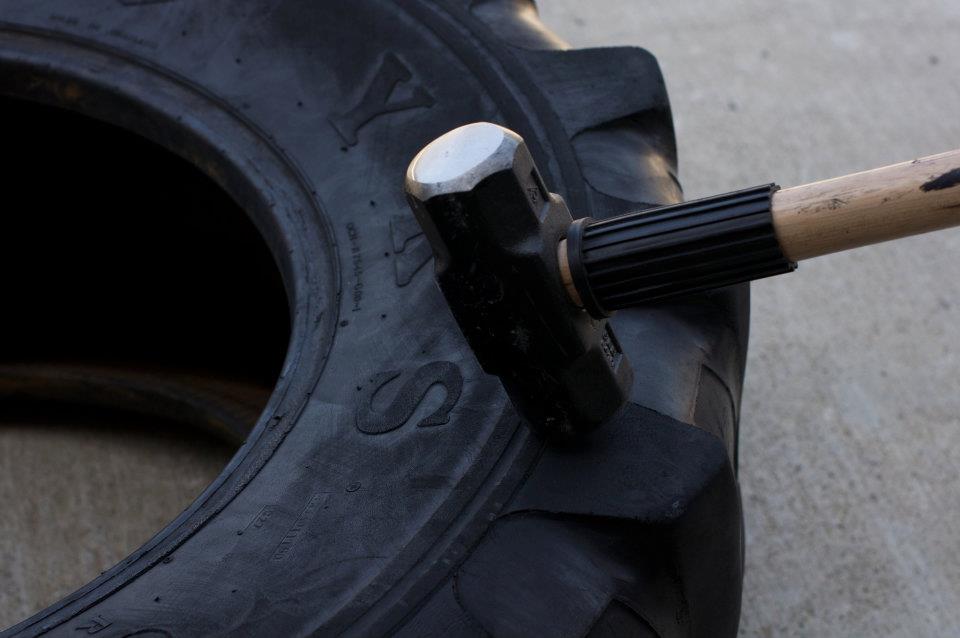30
Apr / 12
Debunking Conventional Myths: Meal Frequency
Categories: Nutrition
posted by: Marcus
Today I’m going to talk nutrition and perhaps surprisingly, will not once make a reference to eating like a caveman.
One of the most dogmatic beliefs about dieting in fitness communities is that eating smaller, more frequent meals is a key to fat loss. If you ask friends, relatives or coworkers about their ideas of “good nutrition”, you will be almost guaranteed to hear a person or two repeat this idea. The allegation is that your metabolism will be increased by eating these smaller meals. Most people don’t even remember where they heard it first, but typically they heard or read it from someone they considered a “dietary expert” and looked no further. However, is this truly the case? Here are some choice statements from the abstracts of several studies, ranging from as far back as 1987.
- The results demonstrate that the meal frequency did not influence the energy balance. (1)
- There was no significant effect of meal frequency on [daily energy expenditure or metabolic rate]. (2)
- In the short term, meal frequency and a period of fasting have no major impact on energy intake or expenditure… (3)
- …no difference in total daily energy expenditure has been documented as a function of daily meal number. (4)
- We conclude that increasing [meal frequency] does not promote greater body weight loss under the conditions described in the present study. (5)
And perhaps most recently, the International Society of Sports Nutrition published a position stand on the subject of meal frequency. Their thoughts?
- Increased meal frequency does not appear to significantly enhance diet induced thermogenesis, total energy expenditure or resting metabolic rate. (6)
From the above, hopefully this can help put to bed the notion that you must eat more frequent, small meals to have a magical effect on your metabolism. For anyone interested in looking further into these studies, references may be found below.
References
- Wolfram G, Kirchgessner M, Müller HL, Hollomey S:Thermogenesis in humans after varying meal time frequency. Ann Nutr Metab. 1987;31(2):88-97.
- Wilhelmine P. H. G. Verboeket-Van De Venne, Klaas R. Westerterp and Arnold D. M. Kester:Effect of the pattern of food intake on human energy metabolism. Br J Nutr. 1993;70(1):103-115.
- Taylor MA, Garrow JS:Compared with nibbling, neither gorging nor a morning fast affect short-term energy balance in obese patients in a chamber calorimeter. Int J Obes Relat Metab Disord. 2001 Apr;25(4):519-28.
- Bellisle F:Impact of the daily meal pattern on energy balance. Sc J Nutr. 2004 Oct;48(3):114-118.
- Cameron JD, Cyr MJ, Doucet E:Increased meal frequency does not promote greater weight loss in subjects who were prescribed an 8-week equi-energetic energy-restricted diet. Br J Nutr. 2010 Apr;103(8):1098-101.
- La Bounty PM, Campbell BI, Wilson J, Galvan E, Berardi J, Kleiner SM, Kreider RB, Stout JR, Ziegenfuss T, Spano M, Smith A, Antonio J:International Society of Sports Nutrition position stand: meal frequency. J Int Soc Sports Nutr. 2011 Mar 16;8:4.
WOD 04.30.12
Back Squat 3×5
Run 240m
10 Presses
50 Squats
10 Push Presses
50 Squats
10 Push Jerks
50 Squats
Run 240m


 310.465.6565 |
310.465.6565 |




















4 Responses to “Debunking Conventional Myths: Meal Frequency”
Gusto
April 30, 2012 at 11:59 AM
Marcus,
A different but similar topic is the absorption of protein. Herd through various sources that humans can only absorb X grams of protein in a specific time. And the additional protein is wasted in that time frame. So I would have to spread out the destitution of protein through the day. Maybe this can be another day’s post?
-Gusto
Mike S
April 30, 2012 at 2:09 PM
I’ve been wondering the same thing about the Protein.
As for the energy, I never noticed any difference eating three large meals or six smaller meals spaced throughout the day.
By the way, in case you haven’t heard, Nutella isn’t healthy!
…their television ad which claimed that “Nutella is made with simple, quality ingredients like hazelnuts, skim milk and a hint of coco,” was false.
“I thought it was at least as nutritious as peanut butter if not more and that’s the impression I got from the advertisement. I thought it had health benefits and it clearly doesn’t
Michael H
April 30, 2012 at 2:48 PM
I’ve been wondering the same about protein as well.
James S
April 30, 2012 at 4:56 PM
What about for the sake of keeping my appetite in check? I started the whole 6 small meals thing for the reasons that just got debunked, but i feel like it’s at least good at curbing my need to walk to 5 Guys to stuff my face with fries haha